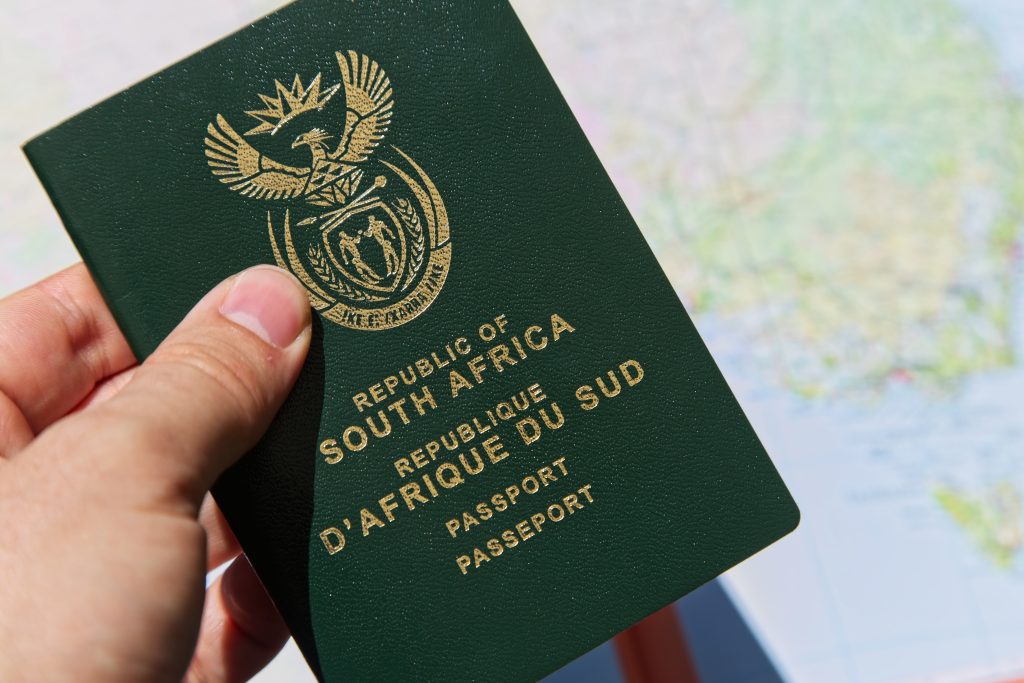Foreign employment tax income exemption
The general rule is that South African tax residents are subject to income tax on their worldwide income.
There are certain exemptions, for example employees who earn income while performing services outside South Africa for their employers. The employee has to be outside South Africa for more than 183 days during a 12-month period, and part of that has to be for longer than 60 consecutive days. These requirements are set out in section 11(1)(o)(ii) of the Income Tax Act. The legislation has not yet been amended, but the South African Revenue Service (SARS) has issued an updated draft version of Interpretation Note 16 (“draft IN”). Although this is not yet final and may change, it provides an indication of how SARS would like to apply this section in future. In particular, the draft IN states that it is “a common misconception … that all remuneration received or accrued during the qualifying period of 12 months is exempt. This is incorrect. Only remuneration received or accrued in respect of services rendered outside the Republic during the qualifying period of 12 months is exempt.”
The draft IN still allows for the 183-day period to consist of calendar days, not just working days – in other words, weekends, public holidays, leave and sick days outside of South Africa do count. However, the draft IN specifically differentiates between the number-of-days rule used to calculate the 183/60-day requirement and the determination of qualifying days to calculate the exempt portion of income. In this regard, the draft IN distinguishes between “a situation where a person is in employment and is actually outside of South Africa, but is not physically rendering services” (such as a pilot who is employed, but is not required to fly for a period of time while away) and “a situation where a person is physically present outside of South Africa but is not in employment” all the time. The former may count non-working days as qualifying days, whereas the latter may not.
The draft IN explains: “Days spent outside of South Africa when a person is not in employment do not qualify as days outside of South Africa under section 10(1)(o)(ii), and are thus not taken into account in the determination of the 183 days for purposes of the exemption. Such broken periods of employment may arise if an employee is employed at intervals. An employee may, for example, be employed on a contract basis and enter into separate employment contracts for each broken period of employment. The time in-between the contracts, where the employee is unemployed and where no services are rendered, do not qualify under section 10(1)(o)(ii) as days outside the Republic.”
Taxpayers with offshore employment contracts should therefore consider these contracts carefully to ensure that the exemption will still apply in their situation given SARS’s strict interpretation and closer scrutiny in future.
You are welcome to contact the Tax Consultant Fanus Jonck ( tax@jonck.net) with your tax queries.
N.C.S. Jonck
Tax Consultant/Tax Lawyer
BCompt (Hons), BProc, HDip Tax
Share on
Latest articles




















